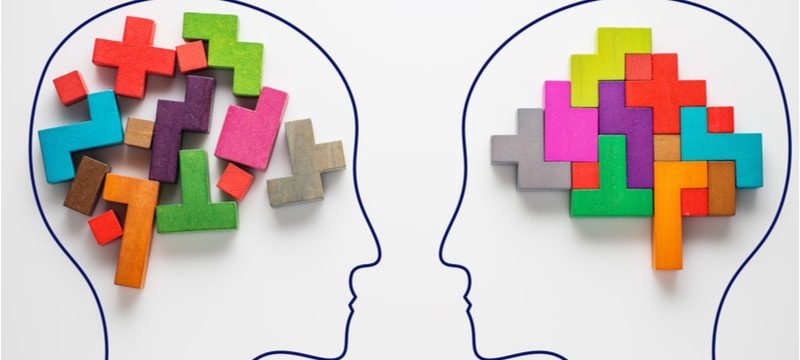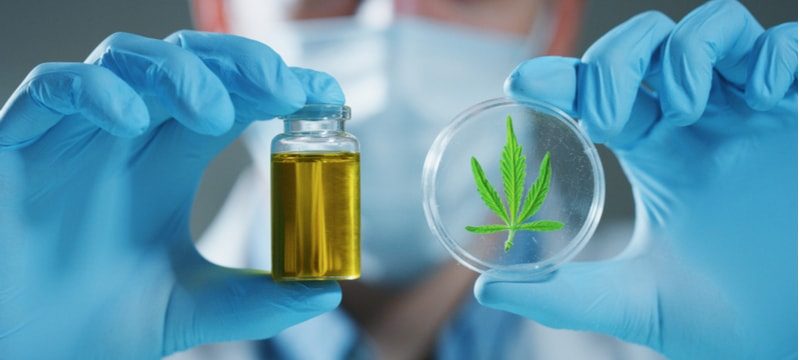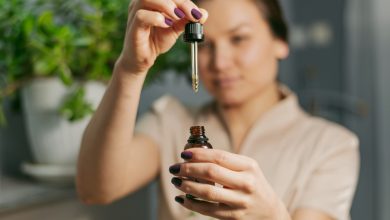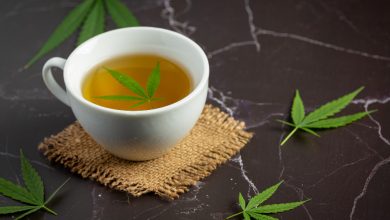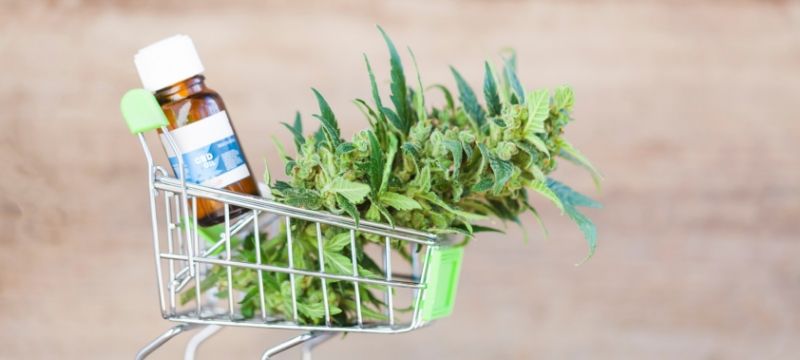
Popular BBC2 documentary, Horizon, has conducted an investigation into the ‘latest medical and scientific research into the effects of medical cannabis on the brain'.
Hosted by Dr Javid Abdelmoneim, the documentary explores the effects of CBD and THC within the realms of the medical world. The doctor states that he has heard cannabis being called a ‘miracle cure’ and so he would like to explore whether it has any potential medical uses for his patients.
50 seconds into a documentary self-described as researching the medical effects of cannabis, Dr. Abdelmoneim highlights his surprise towards medical cannabis being researched because he knows it as a “damaging, recreational drug.” He then promises to look into current research to see whether it will ‘help or harm’ patients.
Table of Contents
Medical cannabis – ‘help or harm’
Instantly we see an agenda at play. The investigation is to put medical cannabis into one of these two categories, ‘help or harm.’ Almost like he feels that cannabis can only definitively be either medicinal or recreational, not both. An incredibly simple view for something such as cannabis, which in clinical studies has shown to produce a variety of different physiological and psychological responses across multiple people.
In a recent study, it CBD helped 75% of children with autism but didn’t help the other 25%. Some people say cannabis increases their appetite and others say it decreases their appetite. Some people use cannabis to treat anxiety and others can’t use cannabis because it gives them anxiety.
So, instantly we see the error in how this documentary approaches the topic of medical cannabis. Instead of seeing it as something that sits on a spectrum and something that can be either recreational vs. medicinal, like we see with other drugs that he will prescribe as an A&E doctor such as opioids.
We see an agenda to define medical cannabis as being at one end or the other.
In no way do we dismiss that continuous cannabis use could have potentially harmful effects on some of the population. But, in an age where we are seeing cannabis prescribed to patients it so clearly helps; where are the benefits in constantly bringing up recreational users when discussing how cannabis works in a medical setting?
And the inability for Dr. Abdelmoneim to talk about medical cannabis objectively without the need to discuss certain recreational studies into crime and cannabis highlights a stigma against making medical cannabis the norm for patients who need it.
The view aligns with current UK political opinion
The documentary also highlights a stigma towards the use of THC as a medicine. Even though clinical studies have continuously confirmed the use of THC medically in conditions such as glaucoma, chronic pain and nausea associated with chemotherapy. We see Dr. Abdelmoneim shocked when patients in Israel are prescribed THC. Highlighting his preconceived view that THC is always damaging.
This viewpoint is quite an ironic one to hold whilst filming a documentary in Israel when the country has been leading the worldwide research effort into medical cannabis and have released countless studies showing medical benefits for THC.
Again ironically, the black-and-white viewpoint of THC being bad and CBD being good aligns with how we see either compound prescribed in a UK medical setting. It is the rhetoric we see from the conservative government and as a consequence, it is the health information seen displayed on the NHS website. The same conservative government whose party members’ spouses have made billions from the sale of THC health products to the USA.
More effort needs to be made in being objective
So, whilst the BBC documentary highlights lots of key points about the uses of medical cannabis, it doesn’t do enough to detach medical cannabis from the recreational use of drugs to be well respected.
The need to sever the ties between the medical and recreational sides of cannabis is important if part of the population who may hold a stigma towards cannabis from ‘the war on drugs’ seemingly refuse medical cannabis treatment that may ultimately benefit them. It is exactly the same as a doctor prescribing co-codamol to a patient and calling it heroin because they both contain opioids.
RELATED: Bill Turnbull fights cancer with cannabis in new Channel 4 documentary

